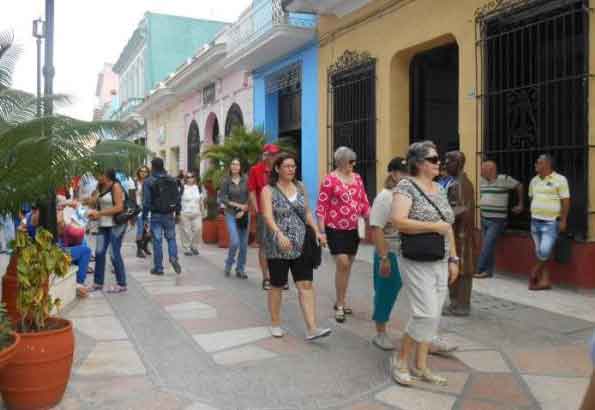In the context of the activities for World Population Day, the UN Resident Coordinator in Cuba, Consuelo Vidal, stated this situation causes global challenges in the face of the increased current inequalities, the Covid-19 crisis, and climate change.
During the panel entitled: “A world of 8 billion people: Towards a resilient future. Creating opportunities and ensuring rights and options for all”, Ms. Vidal noted such a figure must be translated into opportunities for a more dignified and fulfilling life.
The UN Population Fund in Cuba (UNFPA) held a meeting in which Cuban researchers agreed, among other issues, on the need to wipe out vulnerabilities.
However, while the world must prepare for new figures, Cuba will come up against a population decrease, forming smaller families regarding the number of members.
In this regard, Antonio Aja, director of the Center for Demographic Studies at the University of Havana, mentioned some of the realities of the country:t 15 percent of older adults live by themselves, the working age population is decreasing, and in rural areas, there is a reduction in the number of family members.
The academic said that some of the challenges the island faces include increasing the number of births, providing proper care to the growing elderly population, setting up more nursing homes, a decreasing teenage pregnancy.
Meanwhile, Ramón Pichs, director of the Center for World Economy Studies, debated population dynamics in mitigating and adapting to climate change and emphasized that environmental risks are major global challenges for the coming ten years.
Summing up, Marisol Alfonso de Armas, UNFPA Auxiliary Representative in Havana, highlighted the significance of rescuing the demographic resilience concept so that no person is left behind and increasing collaboration and solidarity among nations.
 Escambray ENGLISH EDITION
Escambray ENGLISH EDITION





Escambray reserves the right to publish comments.